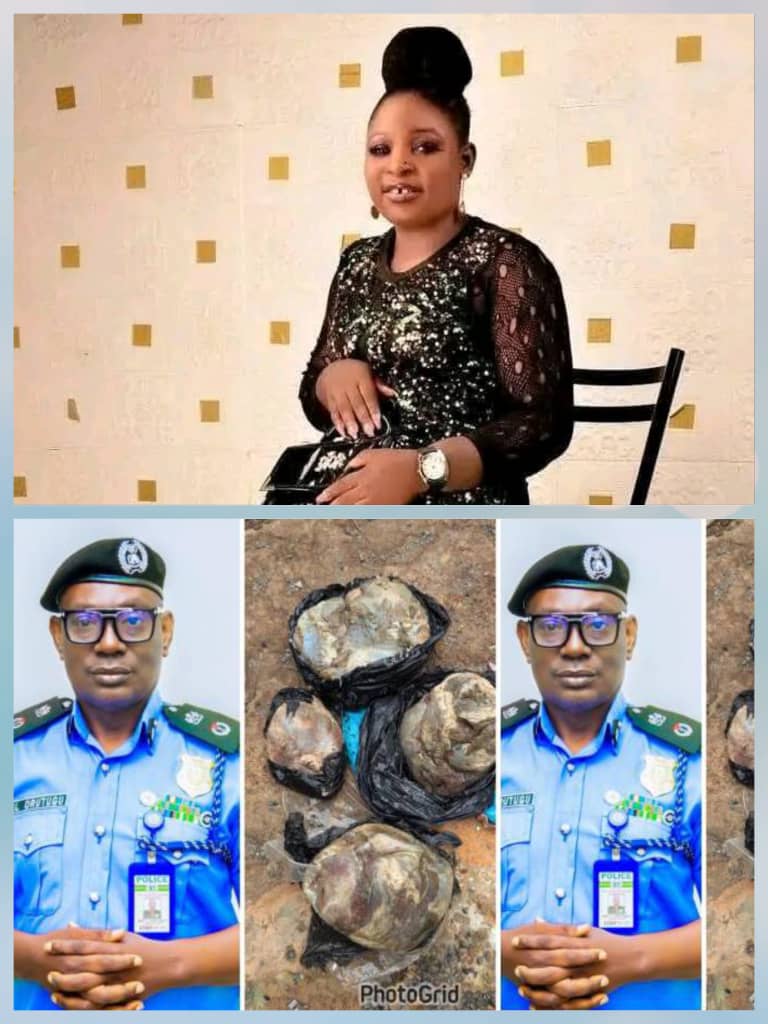In a widely listened-to radio program, Ahịajọkụ Half Hour, on Ozisa FM Owerri on Wednesday, veteran journalist Chief Chidi Nkwopara provided an in-depth analysis of the Ahịajọkụ festival and lecture series, sparking commendation for Governor Hope Uzodimma’s efforts in reviving this significant cultural event.
Nkwopara, a distinguished voice in the media, highlighted the festival’s critical role in preserving and promoting the intellectual and artistic heritage of the Igbo people.
Speaking on the program, Nkwopara explained that the Ahịajọkụ festival is not merely Imo-centric but holds deep significance for the entire Igbo nation. He described it as a vital platform for redefining the core tenets of Igbo culture, while also serving as a beacon of intellectual discourse.
The series, first delivered by Professor MJC Echeruo in 1979, has become a cornerstone of Igbo cultural expression, with Echeruo delivering the landmark 40th-anniversary lecture in 2019.
Nkwopara went ahead to outline all the other previous Ahịajọkụ lecturers and impact their lectures had on the wider Igbo society. He lauded Governor Uzodimma’s administration for its determination to restore and redefine the event, ensuring that it remains a vibrant celebration of Igbo identity.
The Ahịajọkụ lecture series, according to Nkwopara, also functions as a corrective mechanism against widespread misconceptions about the Igbo people. He noted that the series has, over the years, provided a platform for addressing stereotypes while reinforcing the core values of resilience, self-reliance, and community spirit that define the Igbo ethos. “The Igbo man is inherently resilient,” Nkwopara remarked, referencing the people’s ability to surmount vociferous challenges, including the devastating 30-month civil war.
The program featured an outpouring of support from listeners who called in to praise Governor Uzodimma for his role in reviving the age-long festival. Callers expressed their appreciation for the governor’s efforts to preserve Igbo heritage, with many noting that the revival of Ahịajọkụ provides a crucial platform for future generations to engage with their cultural roots. “This is a step in the right direction, one that ensures our rich history and intellectual prowess as a people are not forgotten,” one caller commented.
Nkwopara also underscored the importance of the Ahịajọkụ festival in showcasing Igbo artistic forms and intellectual achievements. He described each lecture as a pinnacle of Igbo thought, contributing to the cultural narrative of Ndigbo. The festival, he argued, plays an essential role in advancing intellectual debates within the Igbo community and serves as a celebration of Igbo contributions to broader national and global discourses.
Governor Hope Uzodimma’s revival of the Ahịajọkụ festival has been widely regarded as a significant cultural intervention aimed at safeguarding the intellectual and artistic heritage of the Igbo people. By breathing new life into this festival, the Uzodimma administration has reaffirmed its commitment to promoting Igbo cultural identity and ensuring that the Ahịajọkụ lecture series continues to inspire and educate future generations.




